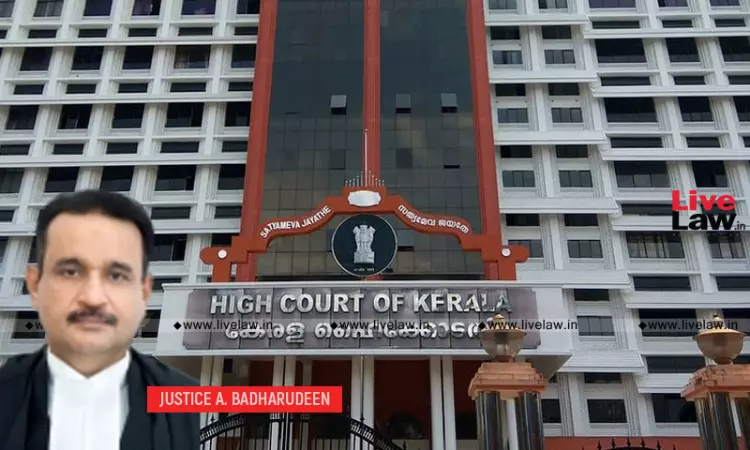Non-Conduct Of Test Identification Parade Fatal When Witnesses Not Familiar With Accused: Kerala High Court
Tellmy Jolly
14 Aug 2023 7:55 PM IST

Next Story
14 Aug 2023 7:55 PM IST
The Kerala High Court last week held that reliance on the identification testimony without conducting a test identification parade was fatal if the witnesses were not familiar with the accused at the time of occurrence.Justice A Badharudeen added that when the witness is not familiar with the accused, a test identification parade corroborates the testimony of the witnesses. “It is true that...
